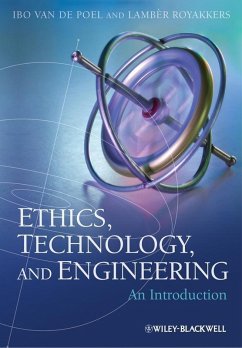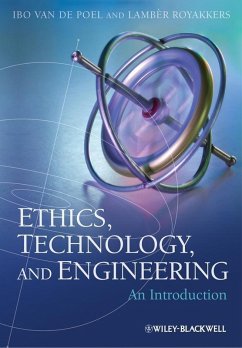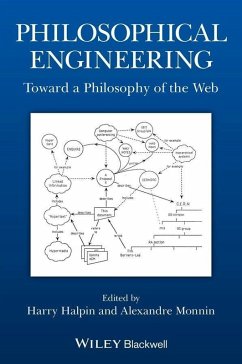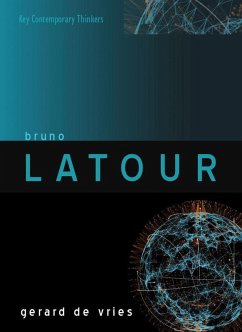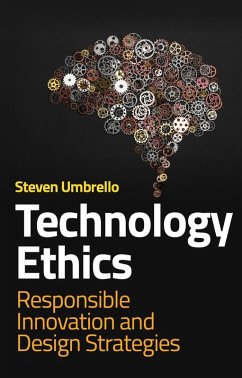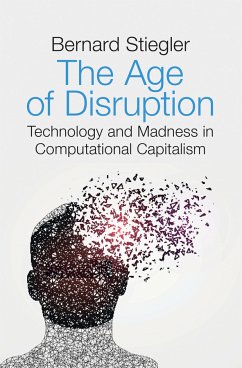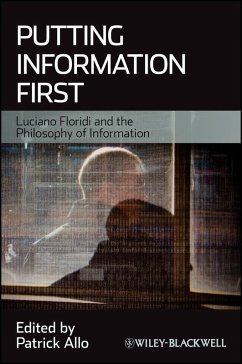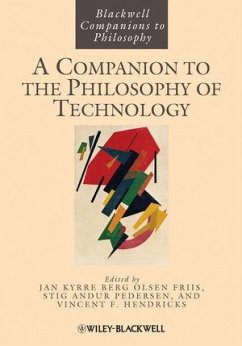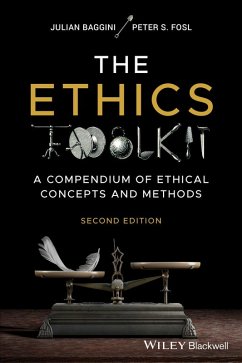
Ethics, Technology, and Engineering (eBook, ePUB)
An Introduction
Versandkostenfrei!
Sofort per Download lieferbar
33,99 €
inkl. MwSt.
Weitere Ausgaben:

PAYBACK Punkte
0 °P sammeln!
Explore the moral and ethical issues which arise at the intersection of novel technology and engineering In Ethics, Technology, and Engineering: An Introduction, a team of distinguished researchers delivers an insightful and thought-provoking exploration of some of the toughest ethical questions found at the crossroads of engineering and technology. The book demonstrates the skills necessary to effectively grapple with ethical issues that arise from the practice of engineering. The authors introduce the "ethical cycle," a unique and systematic approach to dealing with ethical problems. They ut...
Explore the moral and ethical issues which arise at the intersection of novel technology and engineering In Ethics, Technology, and Engineering: An Introduction, a team of distinguished researchers delivers an insightful and thought-provoking exploration of some of the toughest ethical questions found at the crossroads of engineering and technology. The book demonstrates the skills necessary to effectively grapple with ethical issues that arise from the practice of engineering. The authors introduce the "ethical cycle," a unique and systematic approach to dealing with ethical problems. They utilize numerous real-life case studies from the United States, Europe, and elsewhere to shed important light on the ethical issues that arise in the daily work of practicing engineers. They also provide a comprehensive overview of various ethical frameworks used in engineering, including utilitarianism, deontological ethics, virtue ethics, Ubuntu, and Confucianism. Readers will also find: * A thorough introduction to a practice-oriented approach to ethical decision-making in engineering * Comprehensive explorations of the "ethical cycle," an approach that encourages students to consider a diversity of ethical viewpoints and come to reasoned and justified judgments * Practical discussions of ethical issues in engineering design, technological risks, and moral responsibility * Treatments of sustainability and how it affects professionals working in engineering, as well as responsible innovation Perfect for engineers, technologists, and entrepreneurs, Ethics, Technology, and Engineering: An Introduction will also benefit businesspeople and founders interested in the ethical implications of a variety of fascinating new technologies.
Dieser Download kann aus rechtlichen Gründen nur mit Rechnungsadresse in A, B, BG, CY, CZ, D, DK, EW, E, FIN, F, GR, HR, H, IRL, I, LT, L, LR, M, NL, PL, P, R, S, SLO, SK ausgeliefert werden.




